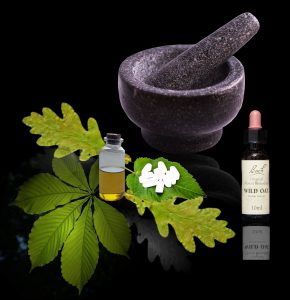As a patient suffering from an illness or a caregiver nursing a sick loved one, you may get yourself in a desperate situation where you can do anything to get well or make your loved one recover from their illness. Reaching this decision may involve looking for every available medicine said to cure the sickness. This is where homeopathy catches up with you. You are made to believe that homeopathic drugs are the solution to your problems, particularly if you have chronic asthma. However, have you ever contemplated about the effectiveness of this treatment?
Homeopathy refers to the administration of doses of a natural substance which would cause symptoms of a disease in a healthy person to cure a patient suffering from the same illness. Many studies have been done to determine the authenticity of this mystery. This has spurred many controversies as to whether the patients under this form of treatment are benefiting or just wasting their time.
Homeopathy should not be confused with vaccination. In immunization, a weakened form of a disease is injected into the body of a patient. This makes the body presume that the weak virus administered is a threat. As a form of response, the body builds up plenty of antibodies. In the event the disease attacks the body, the antibodies are geared up to seize and destroy them. However, for homeopathy, the treatment introduces real toxins into the patient’s body in tiny minute doses. The toxic doses are diluted many times that their contentsare less significant as compared to that of an ocean.
 Homeopathy is based on the idea that a small amount of the thing that made you sick can make you better. This has been justified by the use of onion extracts and poison ivy to cure a cold and skin irritation respectively. Since onions make your nose run, onion extracts are believed to cure cold. Poison ivy, on the other hand, makes your skin itch and, therefore, can be used to treat skin irritation.
Homeopathy is based on the idea that a small amount of the thing that made you sick can make you better. This has been justified by the use of onion extracts and poison ivy to cure a cold and skin irritation respectively. Since onions make your nose run, onion extracts are believed to cure cold. Poison ivy, on the other hand, makes your skin itch and, therefore, can be used to treat skin irritation.
Scientists have managed to find the link between homeopathy and an improvement in health. These results have been deduced from small sample sizes or uncontrolled studies. Mostly, every review conducted across all literaturehas discovered that homeopathy doesn’t have any benefit as compared to the placebo. Also, if a particular homeopathic treatment did work, you would be able to buy it from a doctor and not from a homeopath. Drug therapies that affect the body successfully and have been tested are called drugs and are approved by the FDA. In many countries, most homeopathic treatments do not have to be tested, and hence people do not have the idea as to whether they work or don’t work.
As far as scientists are concerned, homeopathy does not have any positive health effects. On the contrary, they claim it has many negative impacts.Scientists claim that homeopathy is just like a form of therapy which helps patients substantially improve their conditions but do not cure their illnesses. This explains why homeopathy is still famous in many countries despite it being regarded as ineffective.
